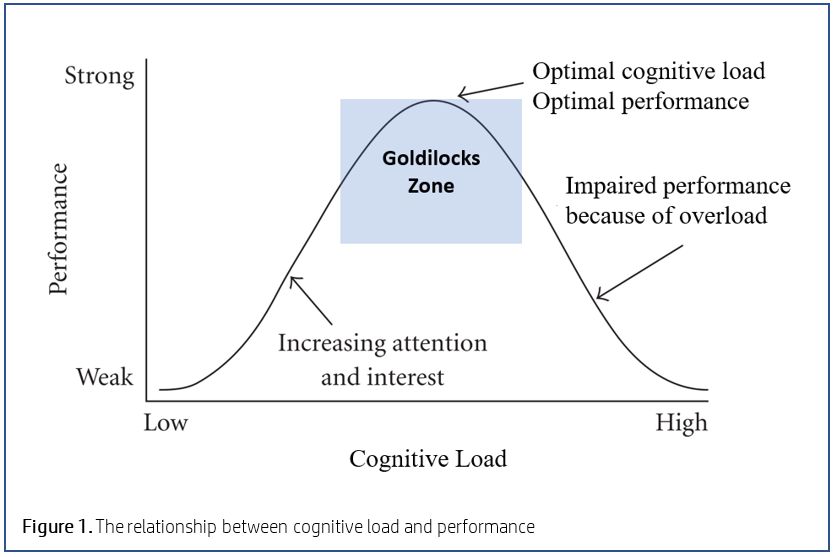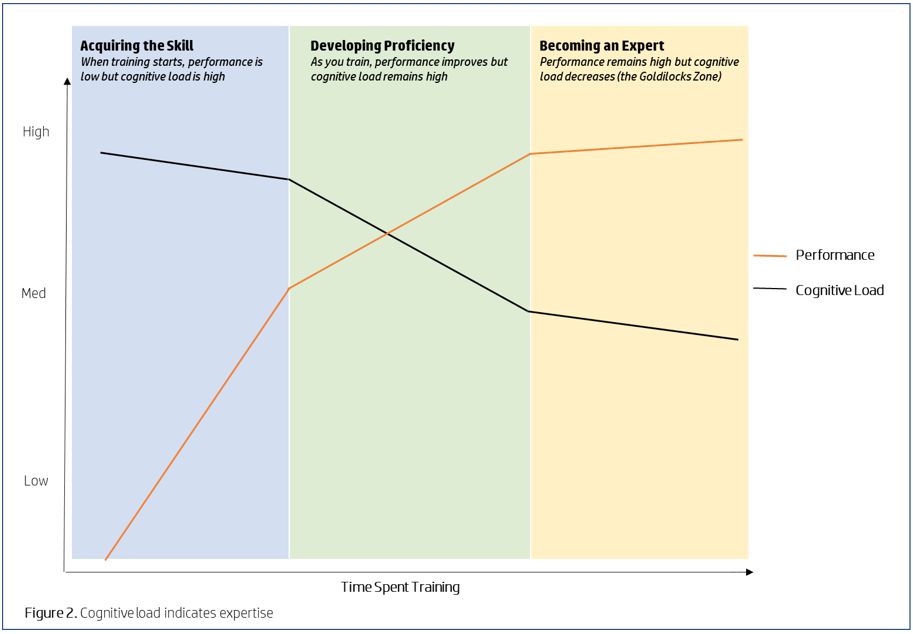
HP will present its Omnicept platform during the 6th edition of VRDays on November 13-17.
Crédits photos : HP / Omnicept
During the 6th edition of VRDays on November 13-17, HP will be on the “Business Solutions” Breakout Floor in the Laval Virtual World. On November 15-17, the company will present its platform Omnicept, and the artificial intelligence technology behind it. HP will also present its virtual reality hardware at the OBA Oosterdok public library in Amsterdam during the physical event.
The HP Omnicept VR platform is a ground-breaking collaboration between HP’s VR software team and scientists at HP labs. Driven by research in neuroscience, psychology, and affective computing, Omnicept VR combines physiological sensing with cutting edge machine learning to create human-centered AI solutions. HP Ominicept VR will help individuals and teams better understand their users, predict behavior, and optimize performance.
Our models are developed and rigorously tested by a small team of senior scientists with expertise in machine learning, signal processing, user experience, design, and psychophysiology. We build solutions from the ground up based on well-established and well-understood science. We collect (and protect) our own data and develop models to predict outcomes tailored to solutions.
Omnicept SDK
Our first Omnicept VR software release includes an SDK (software developer kit) for VR developers with an AI inference engine to track mental effort while users complete a VR experience. VR training and learning solutions are in high demand and our SDK offers a way to incorporate real-time predictions of how effortful a task is for users. Research suggests that biometric indicators increase proportionally with mental effort so our models incorporate information from the heart (PPG, pulse plethysmography), the pupil (pupillometry), looking behavior (eye tracking), and tracking information from the HMD and controllers.
What is mental effort and why does it matter?
In scientific terms, the amount of mental effort required to perform a task or learn something new is called cognitive load and has been studied by researchers interested in learning and performance for more than century. Every person has their own information processing capacity (also called working memory capacity or short-term memory) and it is fixed, limited, and varies from person to person. Information processing capacity is like the amount of food a person can hold in their mouth at one time. Sure, maybe it is possible to fit 44 marshmallows in your mouth at once, but is it comfortable? Probably not. Is it an optimal way to eat? Definitely not. What about a single sesame seed? Would you even bother? Perhaps, but it would certainly be a waste of energy.
If we think of information processing capacity the same way, then cognitive load (CL) is like the number of marshmallows in your mouth. If you have too much, you can’t think; too little and it’s not worth the effort. Figure 1 demonstrates the relationship between task performance and cognitive load. When cognitive load is very low, performance is often poor because the task is so easy it’s boring. When cognitive load is too high, performance is weak because users are mentally overloaded. However, when performance and cognitive load are both at optimal levels, users reach a “Goldilocks zone” (sometimes called a “flow state”). They are engaged, energized, and able to complete the task in comfort. Psychological research suggests that optimal cognitive load leads to better information retention, less exhaustion, and greater enjoyment of tasks.

Cognitive load can also index expertise. The mental effort required to perform a task typically decreases with training. With repeated trainings, cognitive load offers novel insights about a users’ learning trajectory. As we see in Figure 2, novices typically experience high cognitive load combined with low performance because they are acquiring a new skill. As they develop proficiency, their performance improves, but the task remains effortful. As users become experts they can achieve consistently high performance without being overloaded.

Omnicept Enhanced Training
With the Omnicept SDK, your insights get a level up as you peek into the minds of users in real time. You will have the ability to personalize training like never before. When combined with metrics of performance, Omnicept allows you to shorten training with confidence or dynamically change difficulty to meet trainees where they are. Real time cognitive load estimates provide the opportunity to deliver targeted interventions to help your users when they need it most.
Omnicept Enhanced Design
Omnicept can offer important insights for industrial design and product development teams. Cognitive load levels can index how comfortable products and designs are to use. A/B testing is enhanced with the addition of CL, helping teams interpret qualitative feedback and make more informed decisions about what to build. Industrial designers can use CL levels to demystify areas of confusion in simulated design environments.
The HP Omnicept platform is extensible and will evolve as new technologies emerge. It’s designed to work with XR engines like Unity and Unreal. And, it’s secure to develop and deploy anytime, anywhere. What can Omnicept do for you? Discover it at VRDays 2021.


